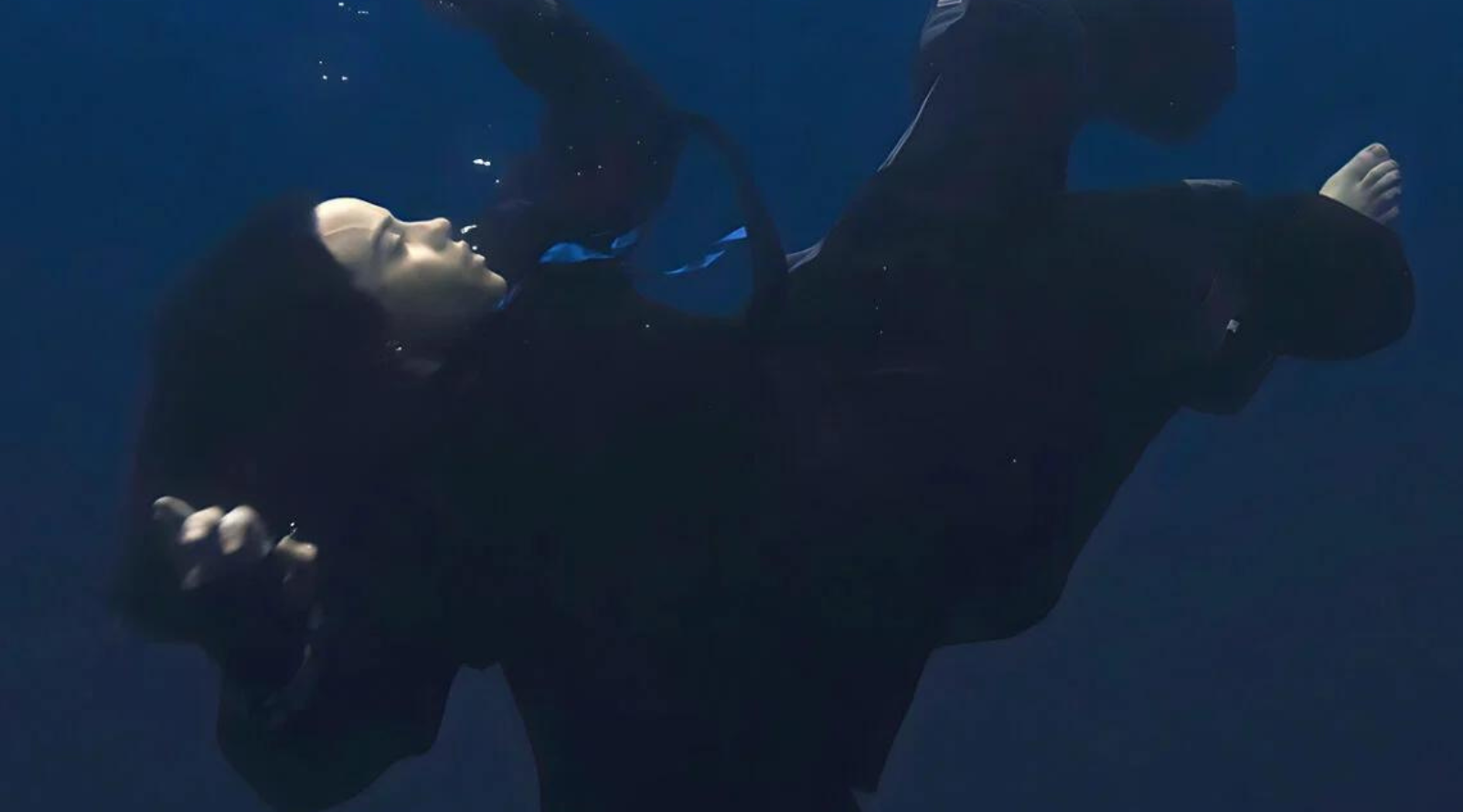All things considered, Billie Eilish is the superstar of a generation — one that trades the bodacious Britney Spears dance performance for poised, Lana Del Rey-esque songwriting, and the edgy undertone of Avril Lavigne. Since the 22-year-old’s hot shot moment with 2016’s demur single, “Ocean Eyes,” Eilish’s brother and longtime producer Finneas has built a sonic universe for the singer that is both delicate and haunting (as perfectly captured in her controversial, but Grammy-sweeping debut album, “Where We All Fall Asleep, Where Do We Go?”), and even found a radio-friendly edge with her sophomore venture, “Happier Than Ever.” After a sold-out arena tour, about a dozen headlining festival gigs, and a well-deserved vacation, Eilish quietly announced her third studio album, “Hit Me Hard and Soft,” in April, ditching the usual music marketing tropes, including the sacred art of promotional singles.
Yet, the “Bad Guy” singer made a splash nonetheless with a mention of the album’s sexually-charged track “Lunch” in a recent Rolling Stone interview. The Oscar-winner also opted for a not-so-subtle surprise set during Coachella following a guest appearance for Del Rey’s headlining set, a surrealist advertisement at The Louvre, and offered fans sneak peeks of the album via Instagram to a “Close Friends’’ list of over 100 million people, all to debut an audacious sound that doesn’t quite fit the pouty blueprint.
Sure, Eilish is no stranger to songs that come with a metallic punch, “Happier Than Ever’s” “NDA” being a primary example. However, where the sophomore album lenses the problematic side of fame with hyperbolic declarations of maturity, “HMHAS” is an intentional step backward — a brooding retrospective of Eilish’s personal and relational failures in an attempt at a self-referential epic (or as Eilish told it to Rolling Stone, an “album-ass album”). It’s ultimately an attempt that falls short, and in the end, “HMHAS” is an album that reads more like a Finneas project performed by his kid sister. More often than not throughout the 10-track record, we bear witness to a duel between Eilish’s wafty vocals and Finneas’ giddy madhouse production, and at its conclusion, are left with no clear victor, and an even poorer sense of unison.
The album’s opening track, “Skinny,” is but one of a few moments of clarity untouched by repetitive and slick uptempo synths, and it’s just long enough to introduce a thematic journey before monster tracks “Chihiro” and “Bittersuite” seep in. It’s not that there’s inherent error in exploring shape-shifting darkness, but “Wildflower,” a treat halfway through the album, proves “HMHAS” doesn’t need in-your-face production to generate a wow factor, as the extended release of “L’Amour de Ma Vie [Over Now Extended Edit]” would have you believe (though it arguably trumps the original). “Wildflower,” on the other hand, forgoes lukewarm second-half switch-ups, and instead brims with drawn-out guitars, vocal layering, and spiced drums while remaining wholly saturated in electrifying bluesy lyrics. This small win aside, Billie Eilish’s third studio album is ultimately weighed down by synth-heavy production, with tracks that read much more like a demo by The Weeknd than an evolution of Eilish’s signature sound, an oversight repeatedly made by Finneas (and perhaps even Eilish, who spoke to having a hand in production this go ‘round during an interview with Apple Music) throughout the project’s duration.
Perhaps the only instance when the perfect balance is struck between Finneas’s top-tier sonic patchwork and Eilish’s heartfelt storytelling is “Chihiro.” Where “HMHAS” documents falling out of love (allegedly with 32-year-old The Neighbourhood frontman Jesse Rutherford, thought to have been tied to Eilish for approximately seven months), the Hayao Miyazaki-inspired track pinpoints the hurt á la a crescendoing buzz and airy falsettos. Though the production morphs into multiple sonic aphrodisiacs before the almost five-minute mark, Eilish’s soul-crushing lyrics “Did you take my love away for me?” and “Can you open up the door?” are consistent throughlines activating the listener to entertain Finneas’ adventurous production. Another standout moment comes from “Birds of a Feather,” “HMHAS’s” flirty, acoustic sister track to Happier Than Ever’s “My Future.” In it, instead of finding herself, Eilish sings about finding something even better: a new forever love.
“HMHAS” isn’t devoid of hits, but there certainly aren’t any “girts” either. Yet still, it’s an album that will undoubtedly win at least one Grammy next year. There’s no denying the ambitious project accomplished its presumably intended juxtaposition of “hard” production and “soft” lyrics — and Eilish demonstrates an impressive delivery of vocals — but was it otherwise successful? Perhaps the record is the tell-tale sign of a stalemate, an indication the duo may have reached their maximum collaboration potential. Still, there’s no denying that Finneas, like his sister, is changing the music landscape one song at a time. The music siblings didn’t outright fail at crafting another seamless record, but perhaps setting creative tent poles around “Chihiro” and “Birds of a Feather’’ could have saved the dystonic outburst in places where simple lyrics were misunderstood. If “HMHAS” were sold as a joint album between Finneas and Eilish, its jarring presentation may have then been palatable, but posing as a pure extension of the “What Was I Made For” singer is a disservice the highly-decorated catalog that brought her to this point.


Leave a Reply